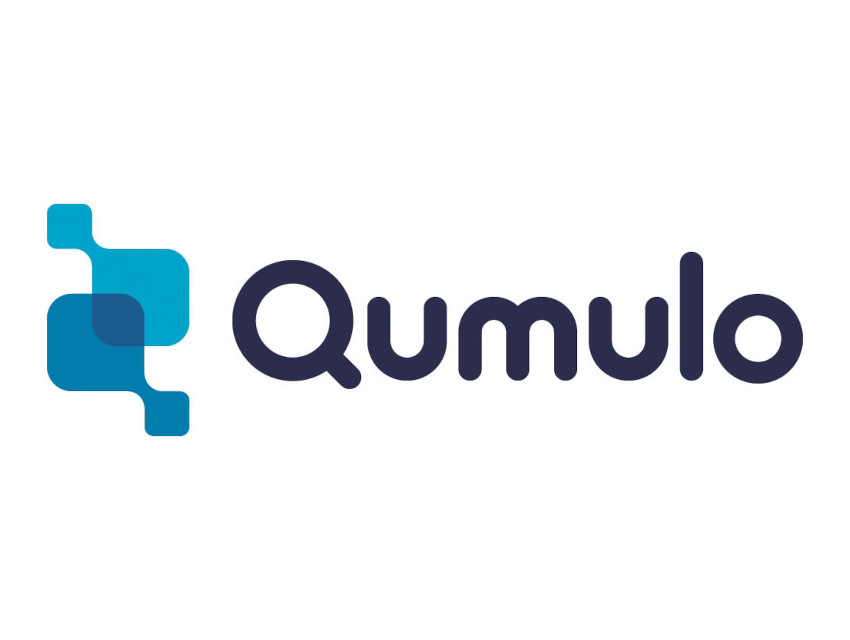
Role
Served on a variety of teams helping build out an enterprise-scale filesystem enabling customers to manage and curate petabytes of data. Qumulo is Seattle’s latest unicorn, hitting a $1.2 Billion valuation in 2020.
On my first team, I helped design and develop a now-patented max-flow algorithm for storage layout, enabling customers to cluster nodes regardless of their underlying hardware. This key feature allowed customers with old hardware to expand existing clusters without needing to replace their existing nodes.
My second team was more focused on Site-Reliability. Aside from putting out fires, I productized a variety of customer-facing scripts, allowing our customer success team to more efficiently address issues in the field. I also spearheaded a continuous integration and deployment pipeline for externally-facing scripts to ensure they work on customer clusters when either the product or the script is changed.
The third team I was on was tasked with redesigning our RPC server to enable Kerberos support for NFSv4.1. We split functional layers for more effective testing and “oxidized” the code from C to Rust, leading to an easy-to-find memory leak from the previous server.
Off the team, I led engineering onboarding and drove improvements to materials and processes to enable new hires to comfortably adjust to their team. To promote community in an increasingly remote work environment, I introduced a process checklist to ensure new hires are invited to meetings, given an active “buddy” on their team, attend key tech talks, and join a cohort of engineers that started around a similar time.
Additionally, I was a founding member of the Take-Home Interview initiative, changing up the interview format to more properly reflect the working experience of the software industry as well as reduce the stress associated with whiteboard interviews. The asynchronous review process enabled the take-home team to interview more candidates than a standard tech screen.